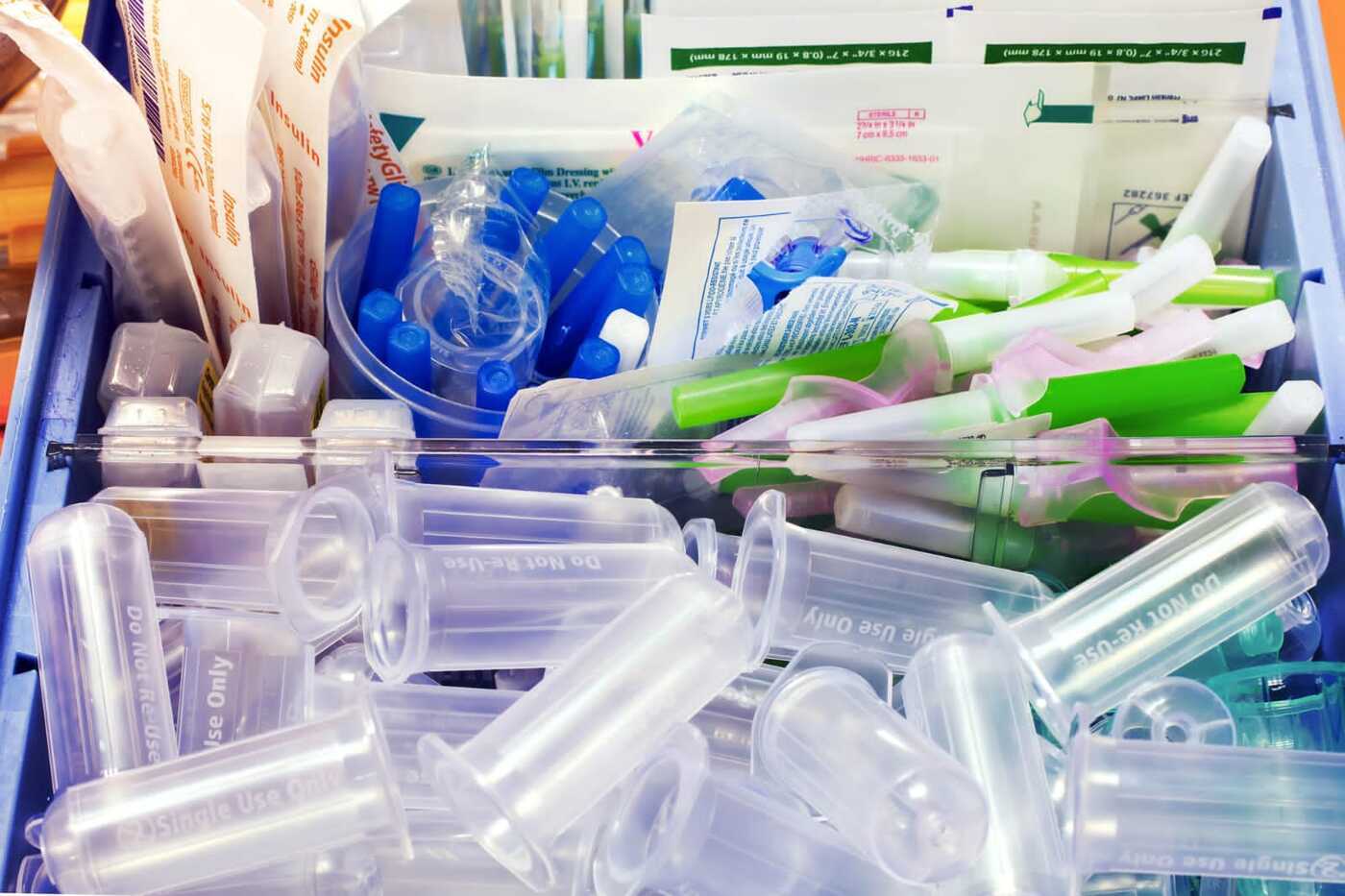
Are you finding it challenging to select reliable lab supplies that meet your research needs?
Wondering how to balance quality and budget without compromising on the precision of your experiments?
Selecting the right lab supplies can greatly influence the outcome of your scientific pursuits.
The plethora of available options might seem overwhelming, but with the right information, you can make educated decisions that support your research aims.
Understanding Your Research Needs
The foundational step in selecting appropriate lab supplies is to have a clear understanding of your research needs.
What type of experiments will you conduct, and what specific equipment do you require?
Consider the scale and scope of your research to identify the exact supplies needed.
Assessing the Fundamental Equipment
Start by listing the fundamental equipment essential for your laboratory operations.
Items like microscopes, centrifuges, and pipettes might be a staple in many laboratories.
Identifying these core tools ensures you have a foundation upon which to build your research.
Considering Consumables and Reagents
Aside from equipment, remember to account for consumables and reagents.
These are items you will use regularly, such as gloves, petri dishes, and various chemical solutions.
Maintaining a sufficient stock of these supplies is critical to avoid interruptions in your research.
Examining Quality and Compliance
Quality of lab supplies directly affects the integrity of your results.
Hence, it is imperative to choose supplies that comply with necessary standards and regulations.
Researching Standards and Certifications
Look for supplies that meet industry standards and have relevant certifications.
This is crucial for ensuring the reliability and safety of your experiments.
Products with standardized certifications are more likely to have undergone rigorous testing and quality checks.
Reading Reviews and Testimonials
Customer reviews and testimonials provide insight into the performance of lab supplies.
Research practical experiences other users have had with the equipment you are considering.
Reviews can offer valuable feedback on durability, ease of use, and accuracy.
Balancing Quality with Budget
While quality is essential, budget constraints cannot be ignored.
Determining a reasonable budget before purchasing lab supplies will help you make informed decisions without overspending.
Prioritizing Essential vs. Non-Essential Supplies
Differentiate between supplies that are essential and those that are not immediately necessary to manage your budget effectively.
For example, while high-end microscopes may be necessary, lab decor can wait.
Focusing on core necessities ensures your research process is never halted.
Exploring Cost-Effective Options
Look for cost-effective options that do not compromise on quality.
This can include bulk purchasing and opting for generic brands that offer equivalent performance at reduced prices.
Importance of Supplier Reliability
Choosing a reliable supplier is just as important as the supplies themselves.
A dependable supplier ensures timely delivery and consistent quality.
Evaluating Supplier Credibility
Before committing to a supplier, evaluate their credibility and track record.
Kenneth reliability involves verifying their experience and specialization in the lab supplies industry.
Sourcing from a reputable supplier reduces the risk of receiving substandard products.
Assessing Customer Support and Return Policies
Customer support is a critical aspect of supplier reliability.
Ensure the suppliers offer robust support in case of product issues or defects.
Additionally, clear return policies allow seamless resolution of complications in received goods.
Emphasizing User Training and Safety
Once you have acquired the necessary lab supplies, focusing on user training and safety is crucial.
Improper handling can lead to inaccurate results and safety hazards.
Providing Adequate Training
Ensure that all laboratory users are adequately trained in using the acquired equipment.
Regular training sessions and workshops can educate the team, fostering a culture of safety.
Comprehensive training minimizes the incidence of mishaps and errors.
Implementing Safety Protocols
Enforce stringent safety protocols related to lab supplies.
Include guidelines on handling hazardous reagents, using protective gear, and maintaining equipment.
Safety not only preserves the well-being of operators but also ensures the accuracy of experimental results.
Staying Updated with Technological Advances
The field of lab supplies is continuously evolving with technological advancements.
Keeping abreast of new developments can provide opportunities to optimize your research processes.
Attending Industry Conferences and Workshops
Participating in conferences and workshops allows access to cutting-edge technologies and innovative products.
Networking with peers can offer insights into the practical benefits of new equipment or techniques.
Subscribing to Scientific Journals and Magazines
Scientific journals and magazines are excellent sources of information on the latest trends and technologies.
Subscriptions provide regularly updated content that can inspire improvements in your laboratory setup.
Conclusion
The task of selecting suitable lab supplies requires a balance of several factors, including understanding your research needs, verifying quality, managing budgets, and emphasizing safety.
By focusing on reliable suppliers and staying updated with advancements, you can ensure a laboratory environment that supports and enhances your research goals.
Acquiring the right supplies is not just a logistical task but a strategic one that lays the groundwork for successful scientific inquiry.
Remember, the quality of your lab supplies is directly tied to the quality of your research outcomes, so choose wisely and invest in the future of your laboratory with due diligence.
Website of Source: https://www.hurstscientific.com.au/
Source: Story.KISSPR.com
Release ID: 1235193
